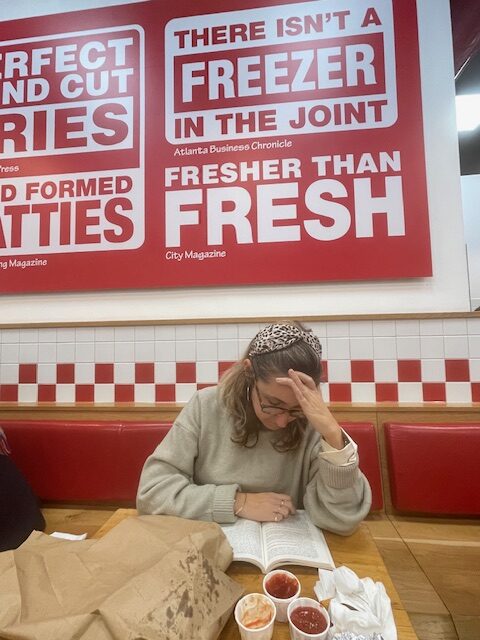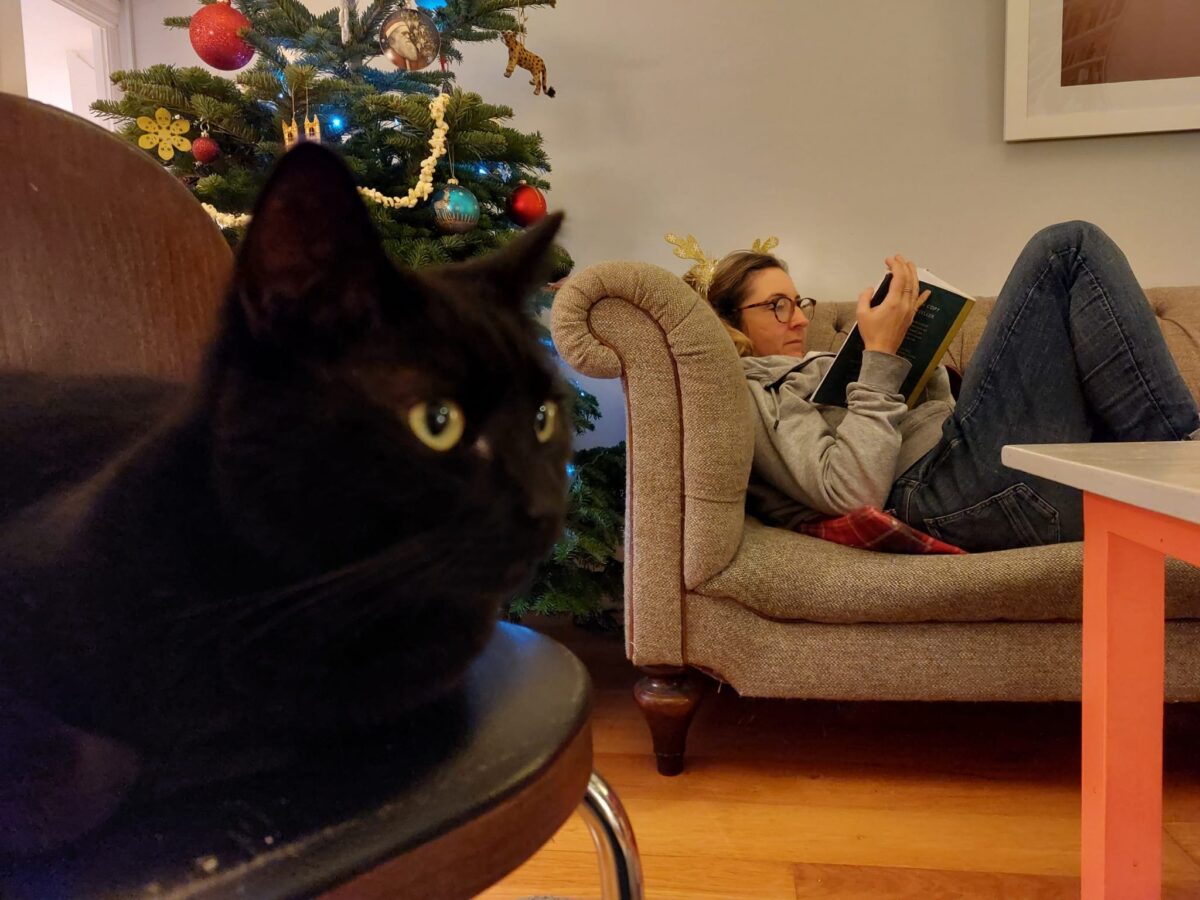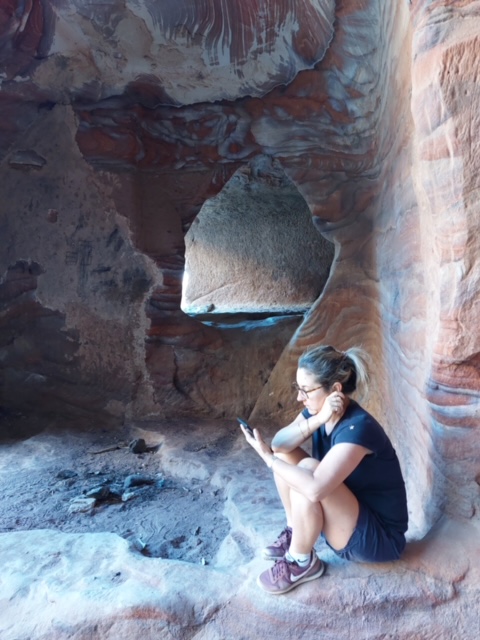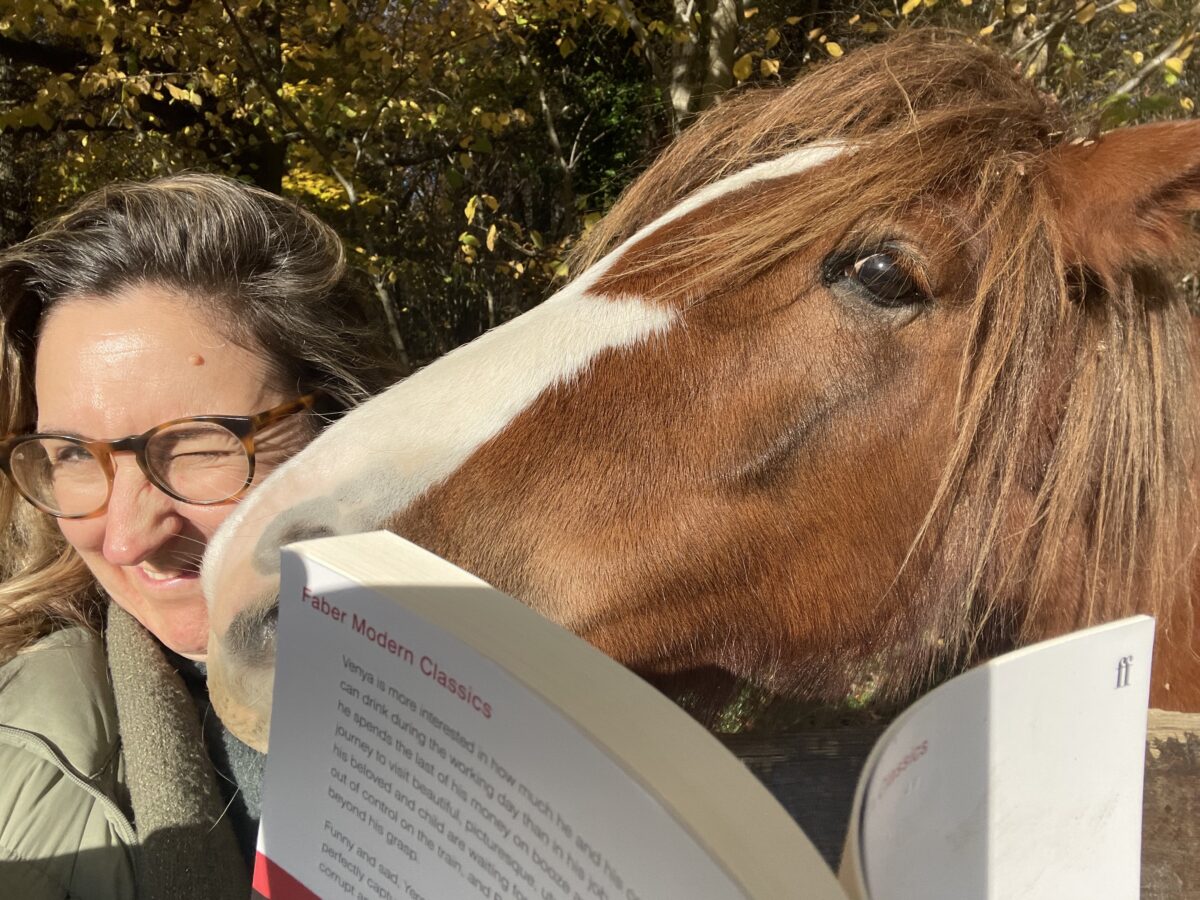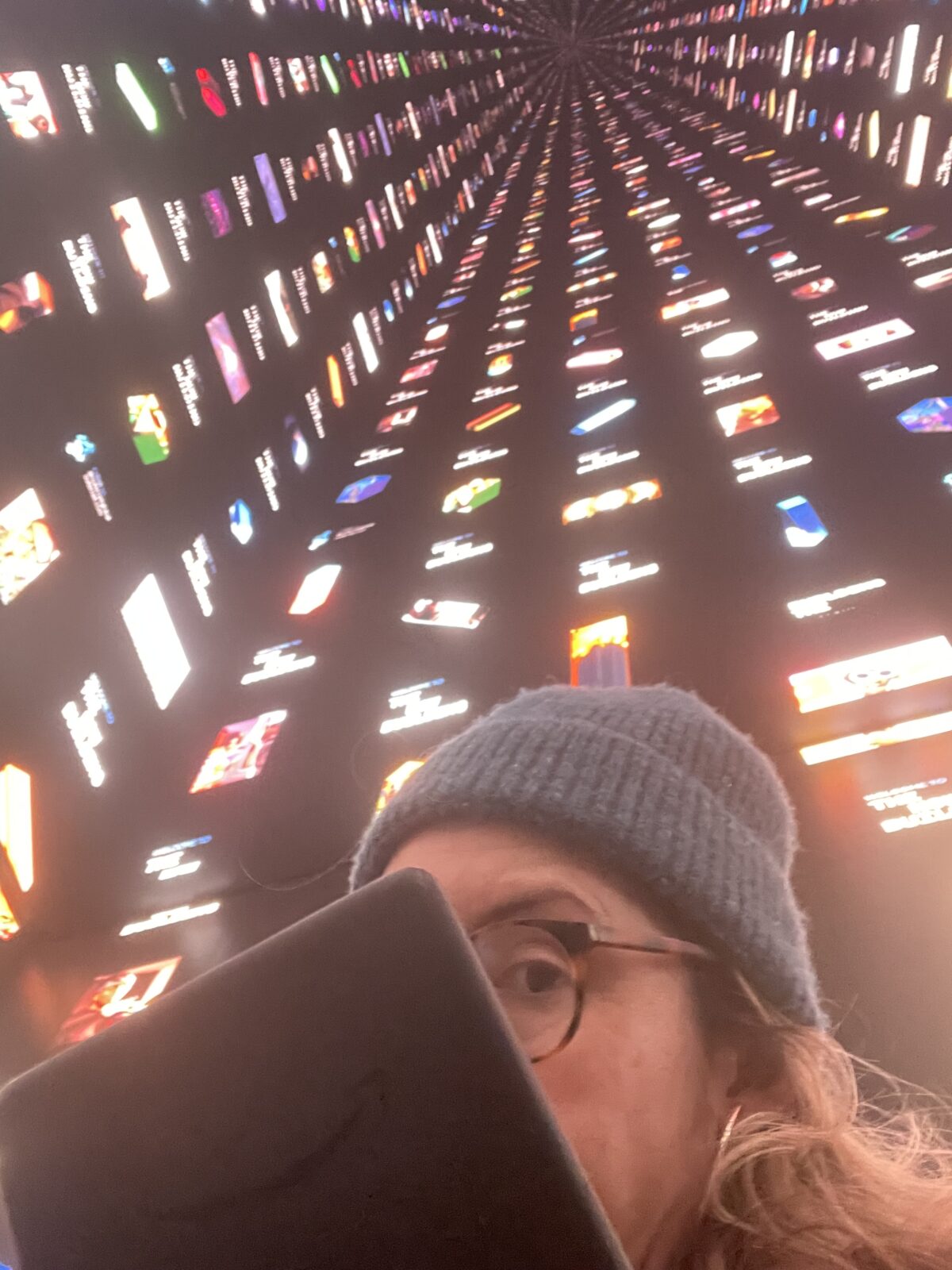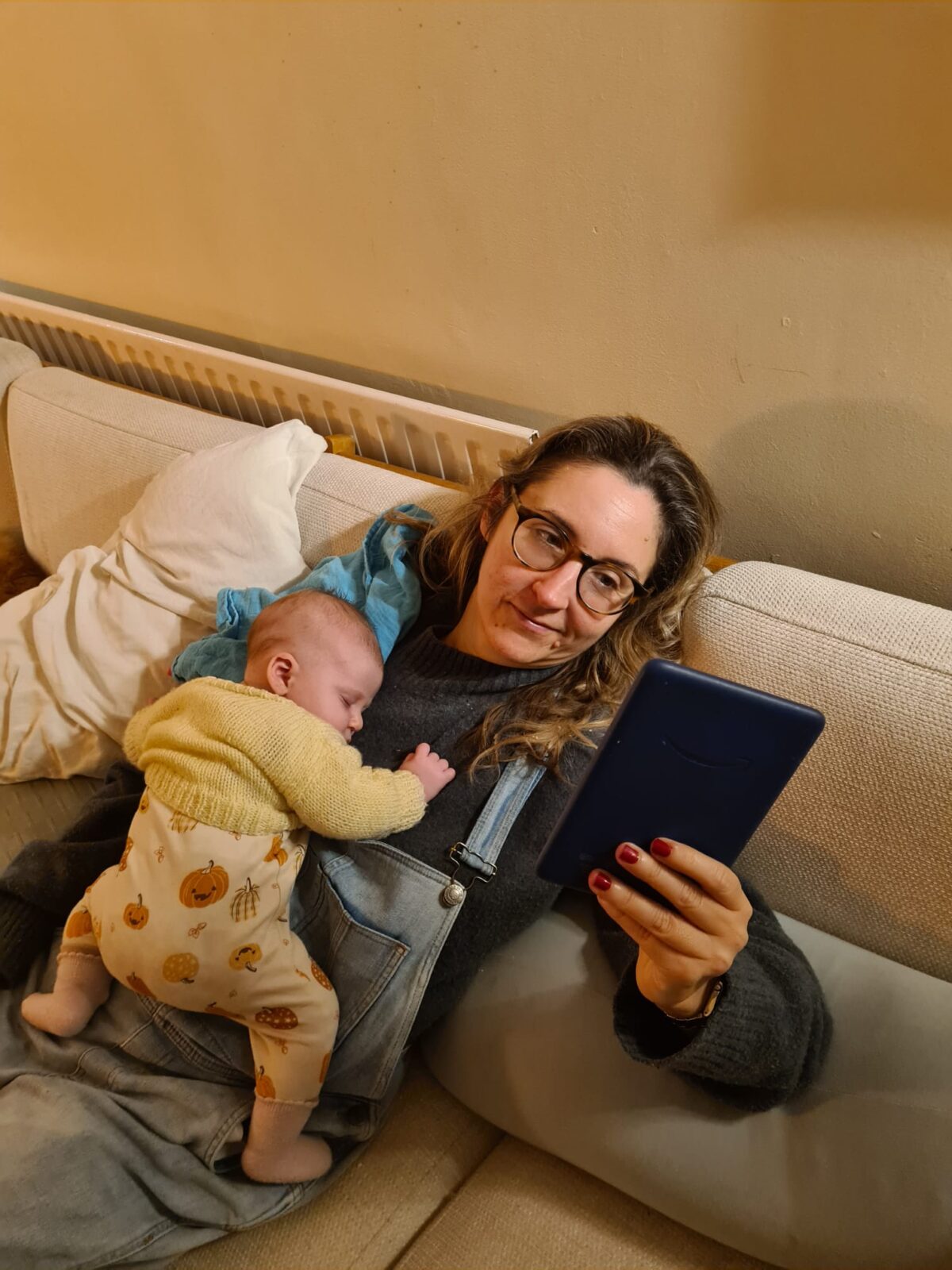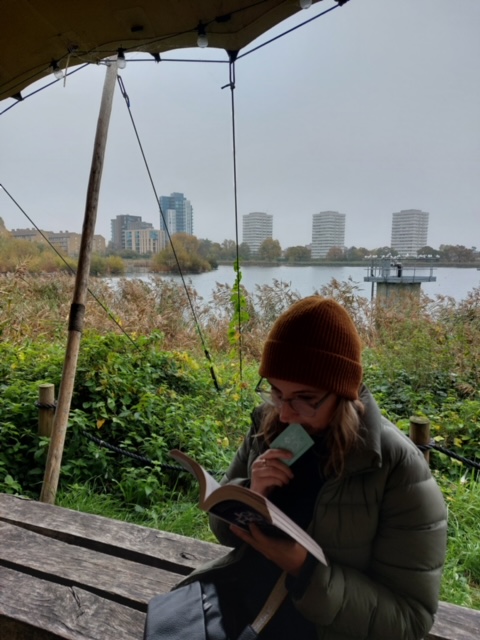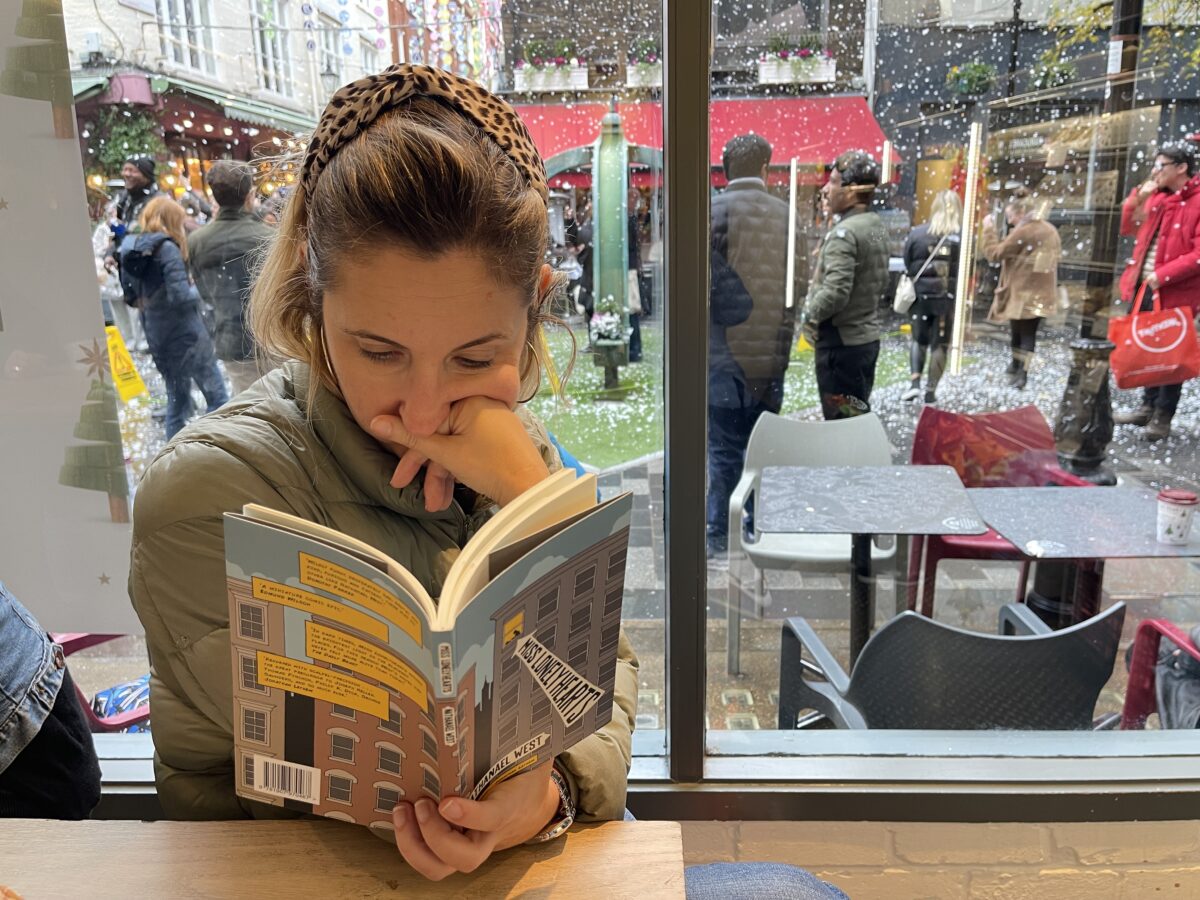Here is a book about grief. It is written by someone born in the same year as me, and tells about his best friend in university, who died when he was a junior. It was eerie to read a book so exactly of my time-and-place. That rarely happens for me. I enjoyed this for example, something I had forgotten about:
Back then, years passed when you wouldn’t pose for a picture. You wouldn’t think to take a picture at all. Cameras felt intrusive to everyday life. It was weird to walk around with one, unless you worked for the school paper, which made picture taking seem a little less creepy.
I’d forgotten about a time before photos were the default.
The story was a sad one. What struck me was how much I now recognize what grief looks like: the guilt about what you could have done differently (oh GOD, the guilt), the retrospective wondering what your relationship meant, and etc. I can’t imagine how the author got together the emotional resilience to write it. I barely had the resilience to read it.
One thing I have been thinking about recently is how anytime someone dies, you read about them in the paper after a stabbing or whatever, there is almost always really bereft family and friends left behind. It’s kind of beautiful to think that every random person you see in the street is so surrounded by love.

